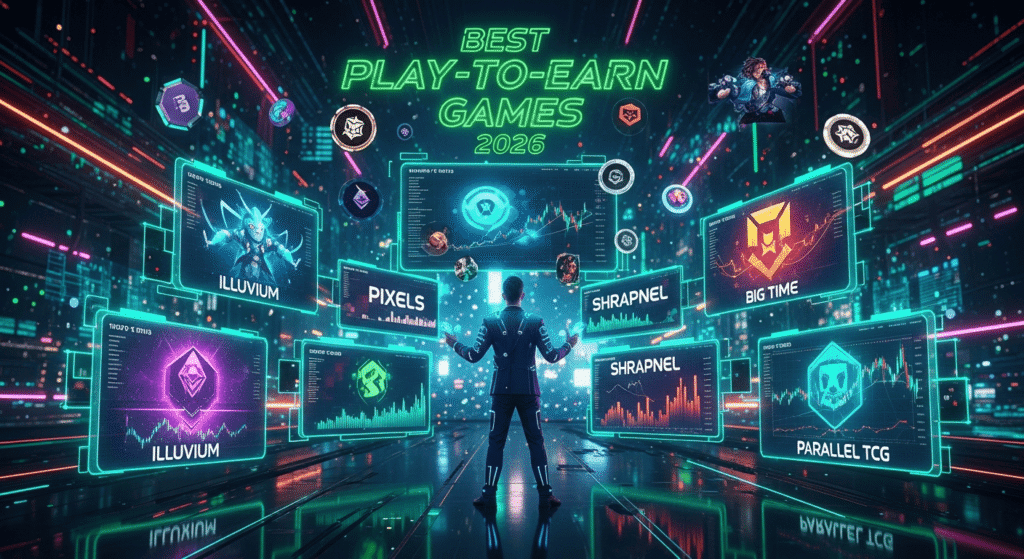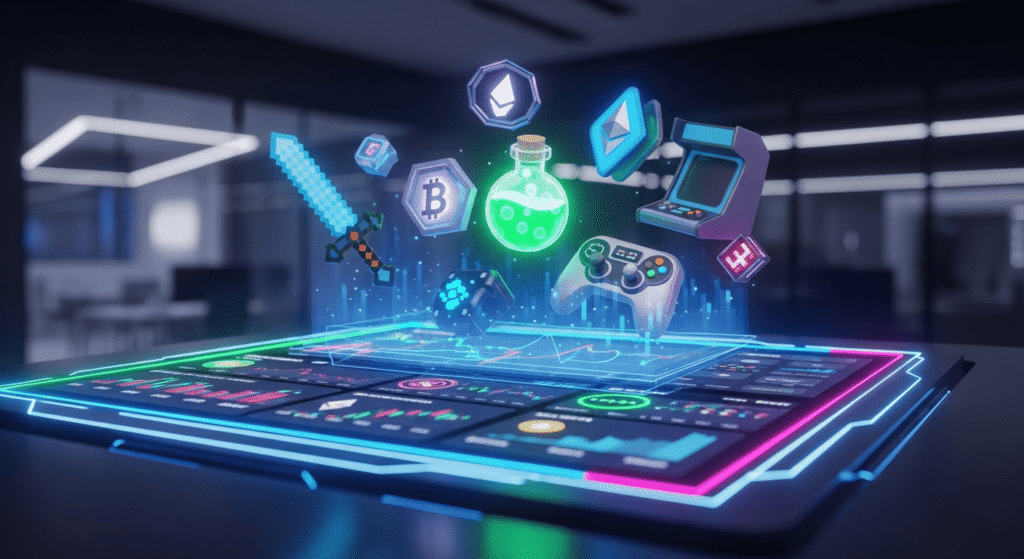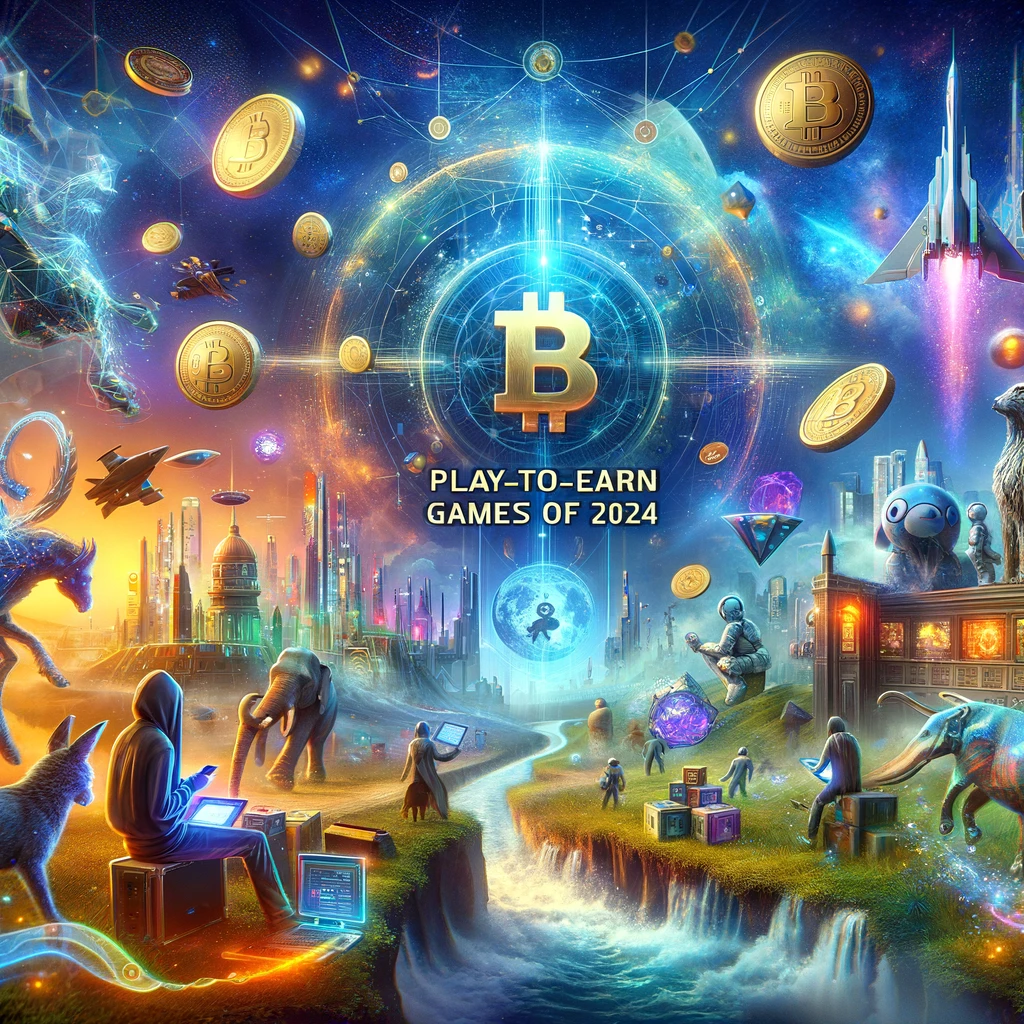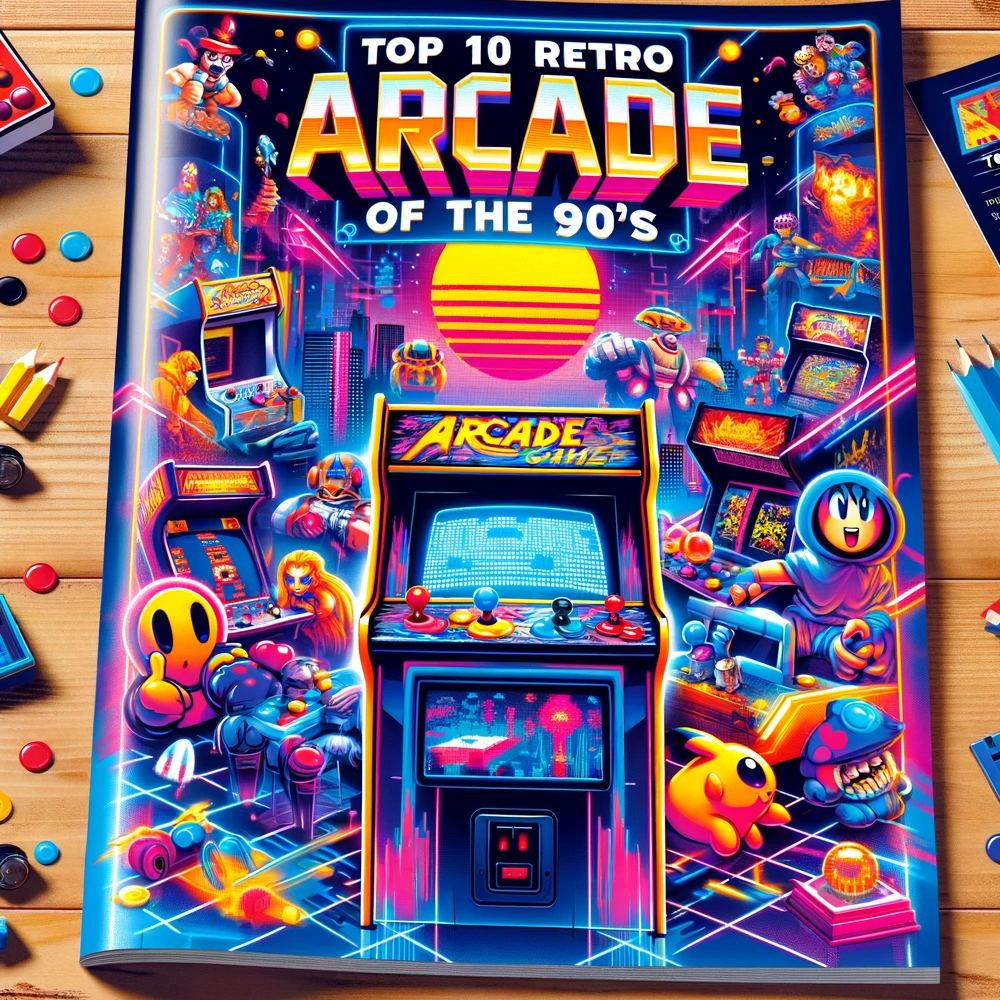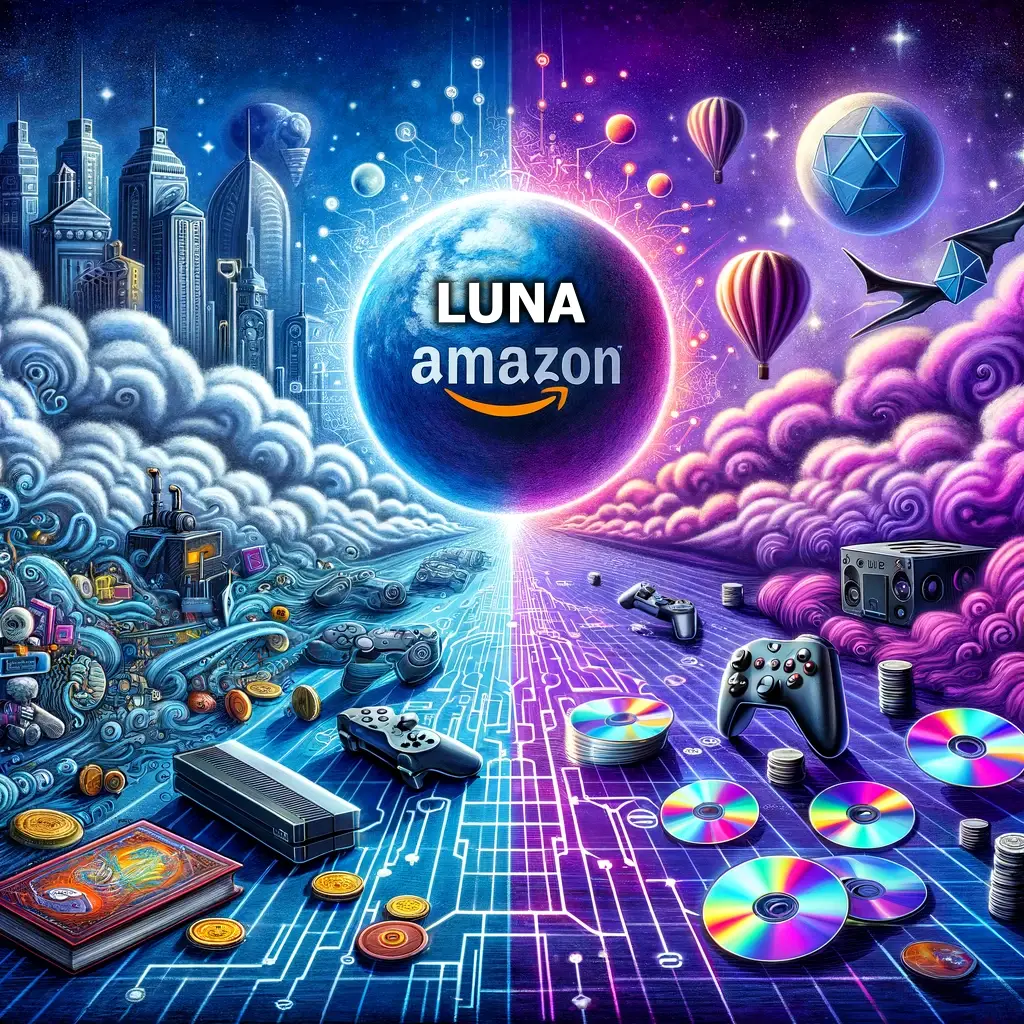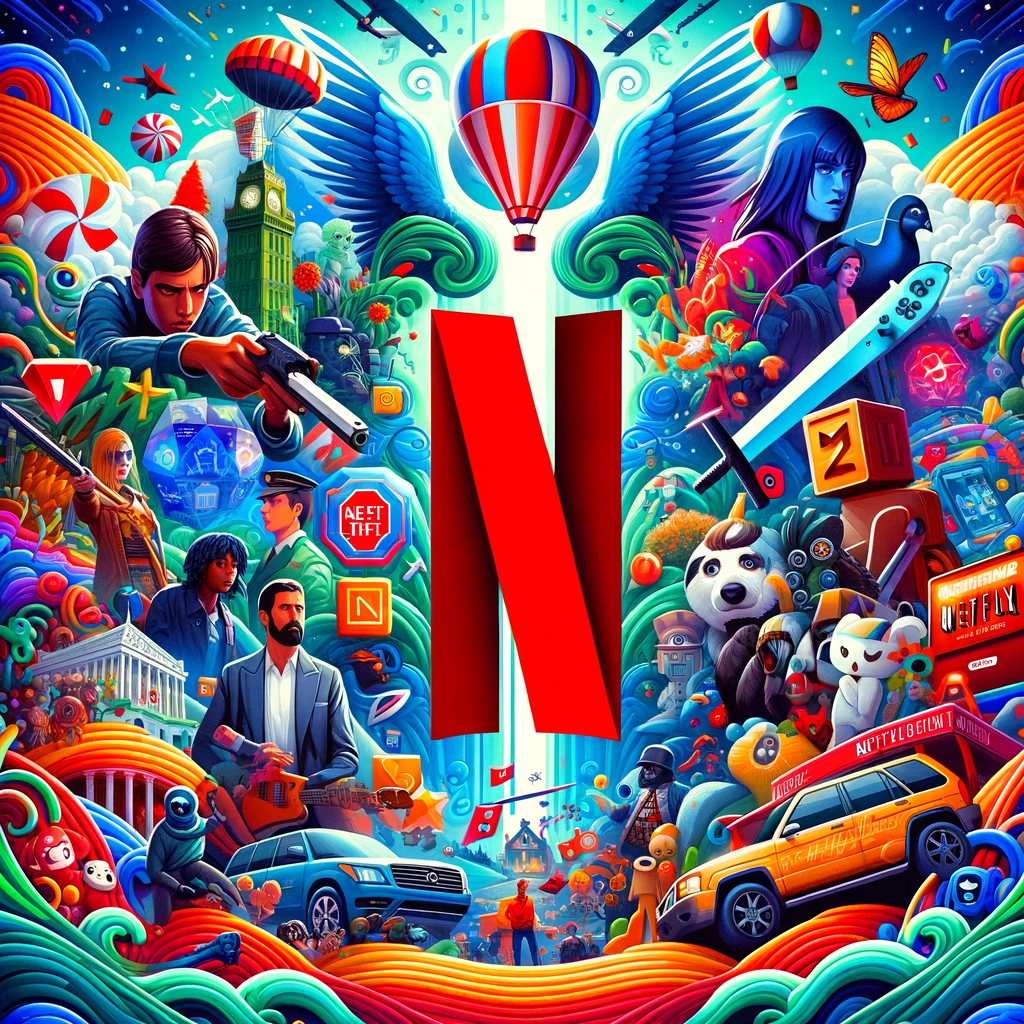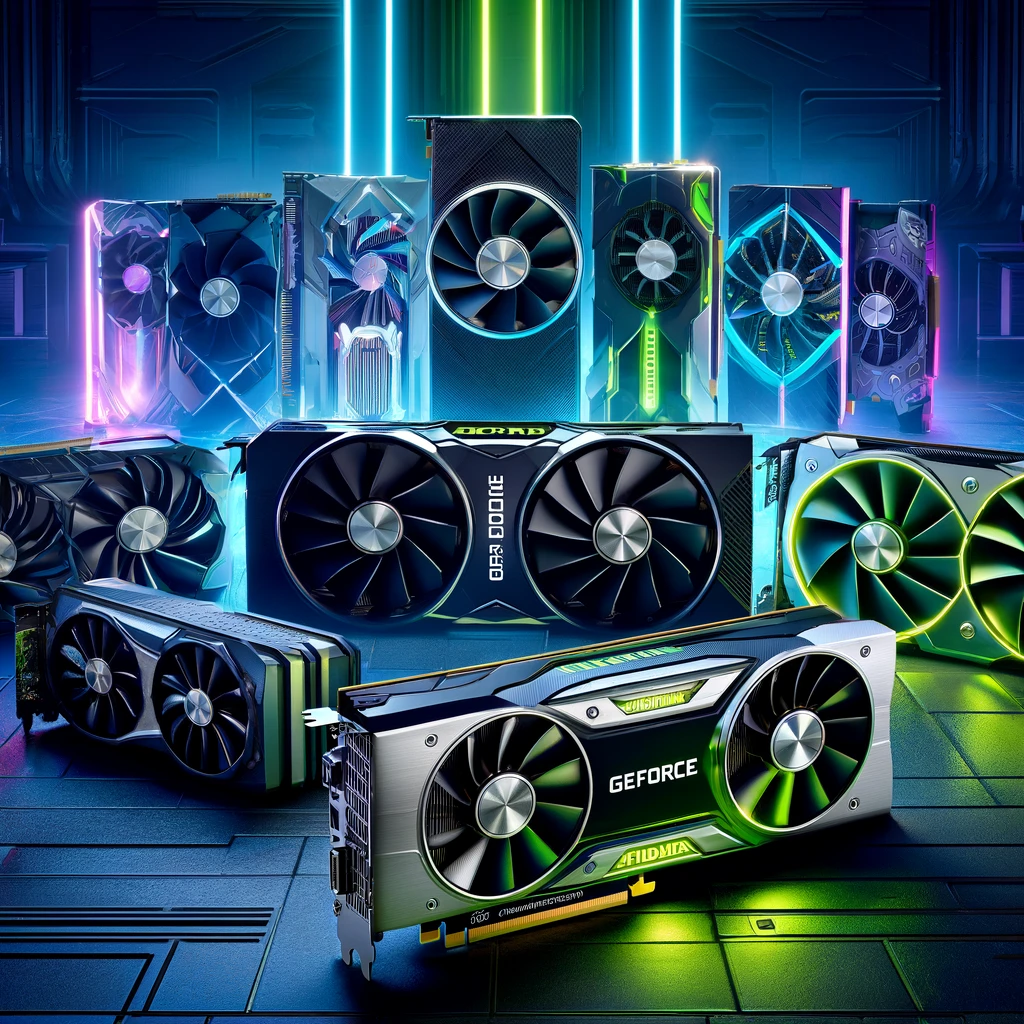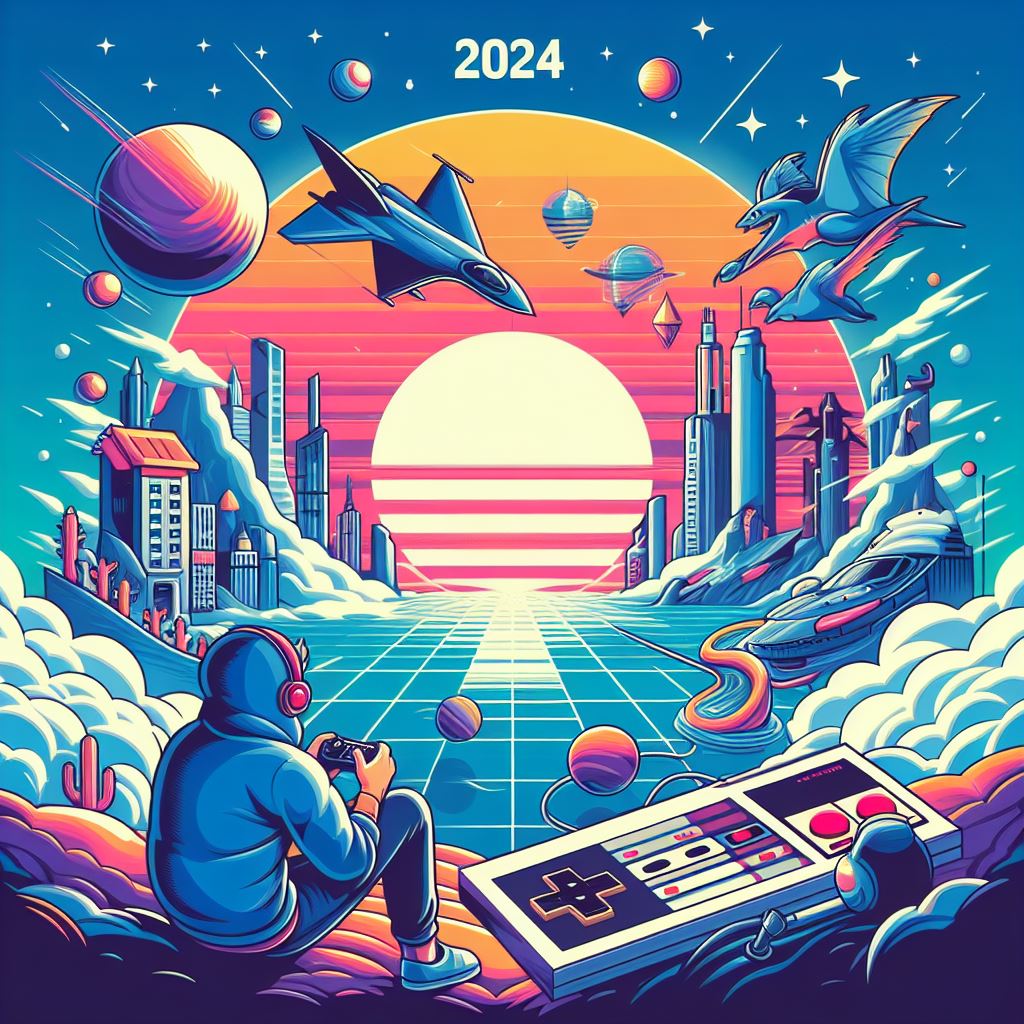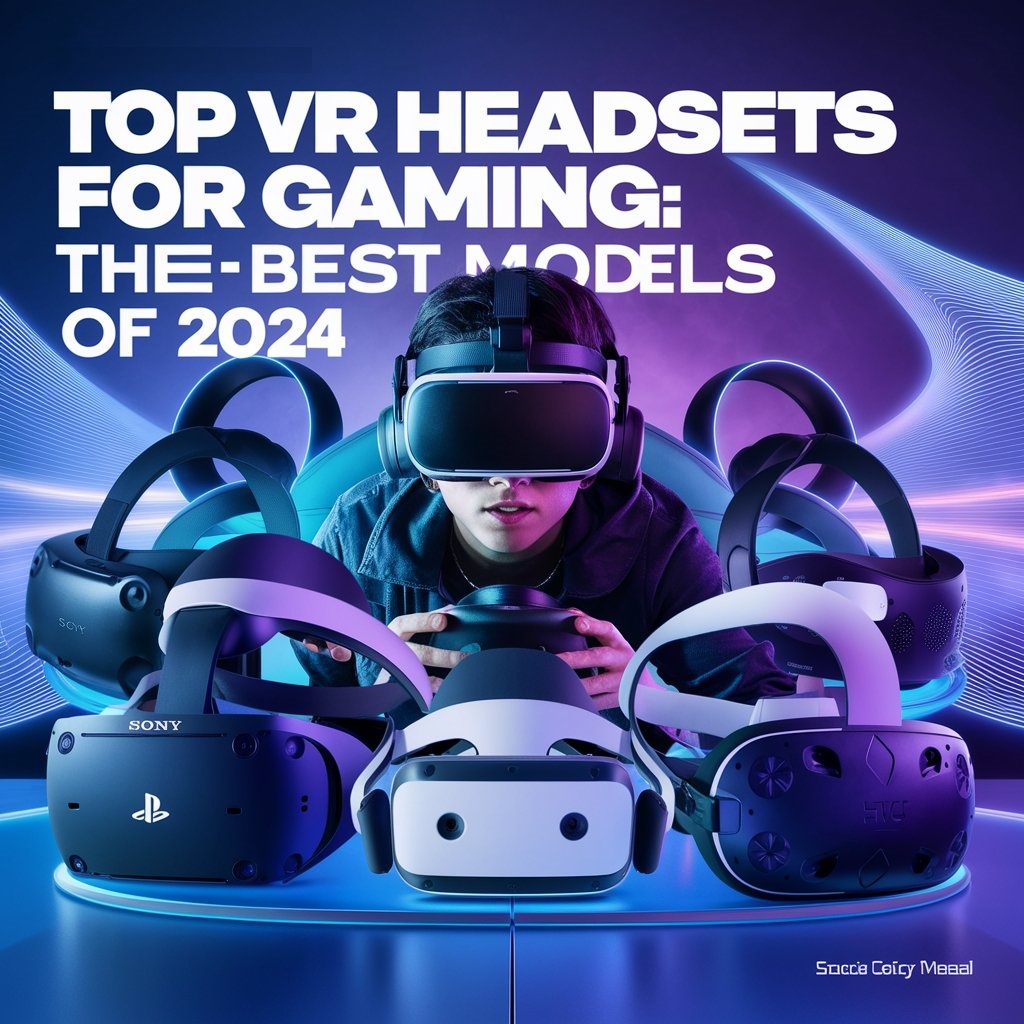Latest News in the World of Blockchain Gaming
Blockchain gaming is revolutionizing the gaming industry by introducing decentralized technologies that provide transparency, security, and true ownership of in-game assets. The latest advancements, trends, and significant developments within the blockchain gaming ecosystem, offering insights that are both comprehensive and valuable for enthusiasts and industry professionals alike.
Major Developments in Blockchain Gaming
The Rise of Play-to-Earn (P2E) Games
The Play-to-Earn model has taken the gaming world by storm. Unlike traditional games, P2E games reward players with cryptocurrencies or NFTs (Non-Fungible Tokens) for their in-game activities. This model not only provides entertainment but also offers financial incentives, creating a new paradigm where gaming and earning are seamlessly integrated.
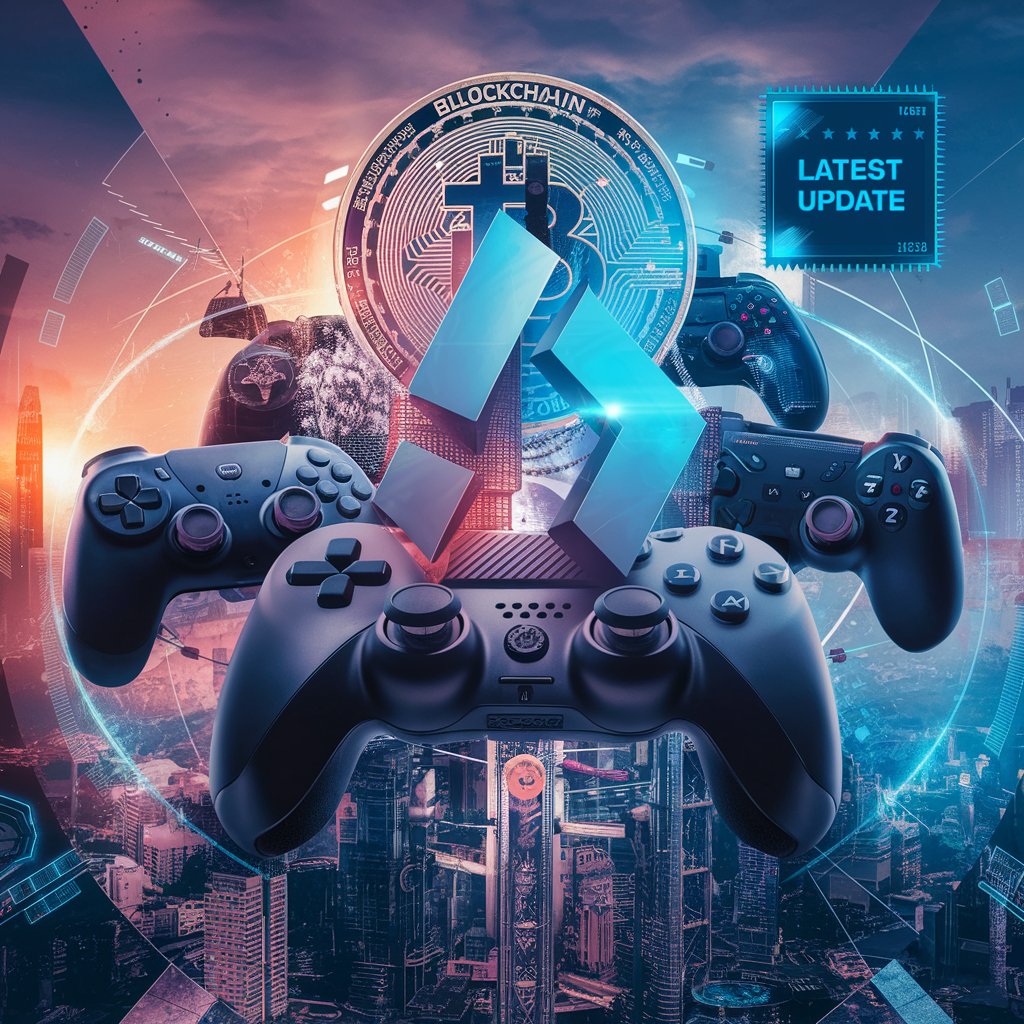
Examples of Popular P2E Games
- Axie Infinity: A game where players breed, raise, and battle digital pets called Axies. Axie Infinity has garnered millions of users and has become synonymous with the P2E movement.
- Splinterlands: A collectible card game where players can own, trade, and battle with digital cards, earning rewards in the process.
- The Sandbox: A virtual world where players can build, own, and monetize their gaming experiences using blockchain technology.
Ethereum has been a pioneer in the blockchain gaming space, providing the foundational infrastructure for many decentralized applications (dApps) and games. Its smart contract functionality allows for complex game mechanics and secure transactions.
NFT Integration in Games
NFTs have become a cornerstone of blockchain gaming. These unique digital assets allow for true ownership of in-game items, which can be traded or sold on various marketplaces. This integration has not only enhanced the gaming experience but has also created a vibrant economy around virtual assets.
Impact of NFTs on Gaming
- Ownership and Scarcity: NFTs ensure that in-game items are unique and cannot be replicated, giving them real-world value.
- Interoperability: Players can use their NFTs across different games and platforms, enhancing the value and utility of these assets.
- Monetization: Game developers and players can monetize their creations and achievements, respectively, fostering a new economic model in gaming.
Blockchain Gaming Platforms and Ecosystems
Ethereum and Its Role
Emerging Platforms
While Ethereum remains dominant, several new platforms are emerging, each offering unique advantages:
- Binance Smart Chain (BSC): Known for its lower transaction fees and faster confirmation times, BSC is becoming a popular choice for developers.
- Polygon (formerly Matic): Polygon provides scalable and efficient solutions for Ethereum-based applications, making it an attractive option for blockchain games.
- Solana: Solana’s high throughput and low fees are making it a strong contender in the blockchain gaming arena.
Confirmed Airdrop Guide: How to Claim Your FREE $PIXEL Tokens
The 10 Best Play-to-Earn (P2E) Games to Play in 2026
Best GameFi Exchange 2026: Binance vs. Coinbase vs. Bybit
Resident Evil 9: Release Date, Leaked Trailer & New Story Details
🧟 Resident Evil 9: Release Date, Leaked Trailer & New Story Details In 27 February…
Top 5 Open-World Games in 2025: Explore Endless Possibilities
Top 5 Open-World Games in 2025: Explore Endless Possibilities Open-world games have revolutionized the gaming…
Earning Money by Playing: Best NFT Games of the Year
Challenges Facing Blockchain Gaming
Scalability Issues
As blockchain games grow in popularity, scalability becomes a critical issue. High transaction volumes can lead to network congestion and increased fees, hindering the user experience.
Regulatory Hurdles
The regulatory landscape for cryptocurrencies and NFTs is still evolving. Uncertainty around regulations can pose challenges for developers and players, impacting the growth and adoption of blockchain games.
User Experience
For blockchain gaming to reach mainstream adoption, it needs to offer a seamless user experience. This includes intuitive interfaces, easy wallet integrations, and smooth onboarding processes for new users.
The Future of Blockchain Gaming
Metaverse Integration
The concept of the metaverse is gaining traction, with blockchain gaming playing a pivotal role. The metaverse represents a collective virtual shared space, created by the convergence of virtually enhanced physical reality and physically persistent virtual space. Blockchain technology ensures that users have true ownership of their digital assets within these virtual worlds.
Key Metaverse Projects
- Decentraland: A virtual reality platform where users can create, experience, and monetize content and applications.
- Somnium Space: An open, social, and persistent virtual reality world that enables users to buy land, build, and explore.
Cross-Platform Play
Interoperability between different gaming platforms and blockchain networks will be a significant trend. Cross-platform play allows users to carry their assets and progress across various games and ecosystems, enhancing the overall gaming experience.
Enhanced Security Measures
As blockchain gaming continues to grow, so does the importance of security. Developers are focusing on creating robust security protocols to protect user data and assets, ensuring a safe and trustworthy gaming environment.
The world of blockchain gaming is evolving at a rapid pace, driven by innovative technologies and groundbreaking developments. From the rise of Play-to-Earn models to the integration of NFTs and the expansion of metaverse projects, blockchain gaming is reshaping the future of the gaming industry. As challenges are addressed and new opportunities emerge, the potential for blockchain gaming to revolutionize the way we play and interact in virtual worlds is immense. Stay tuned to witness how this dynamic landscape continues to unfold, offering new and exciting experiences for gamers worldwide.



